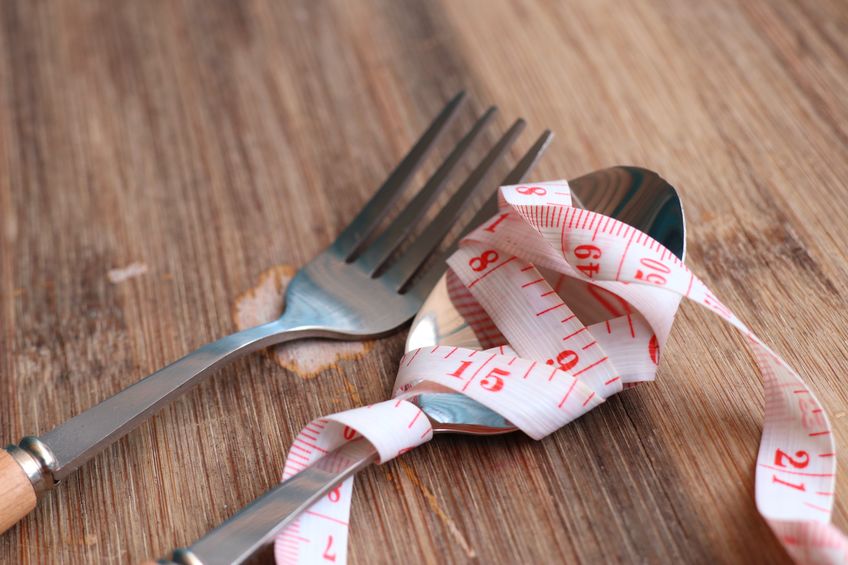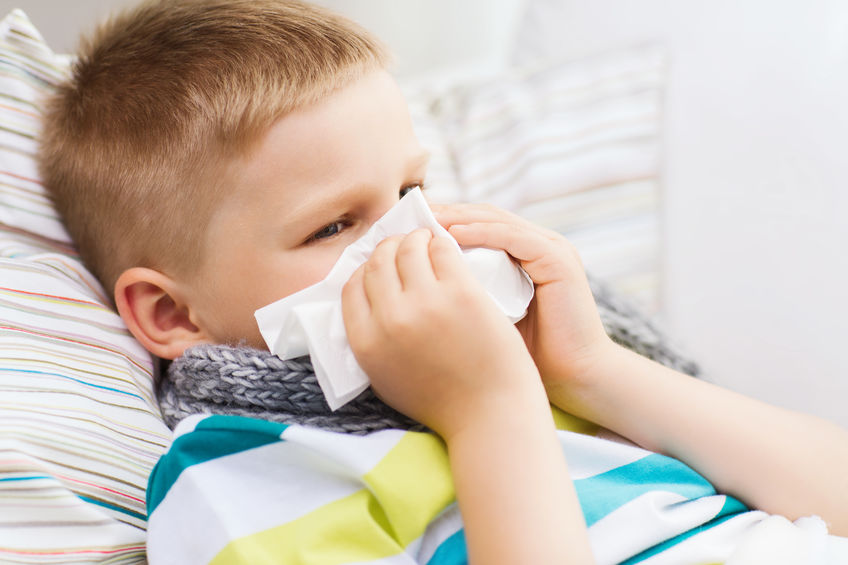Whether it’s a canceled school play, a shortened football season, or a ban on sleepovers, the COVID-19 pandemic has upended teenagers’ lives.
The upside-down world of COVID-19 can lead to serious mental and physical health consequences, such as eating disorders.
Eating disorders affect how people view and deal with food, eating, and weight. Anyone can develop eating disorders, but they are particularly common in teens, and especially in females. There are several types of eating disorders:
The Three Most Common Eating Disorders
- Anorexia causes people to lose more weight than is healthy for someone at their age and height. People with anorexia often fear being overweight, think they are more overweight than they actually are, and use extreme diets and exercise to lose weight.
- Bulimia involves regular episodes of bingeing (eating a large amount of food in a short amount of time) followed by purging (ridding the body of the food through methods like laxatives or vomiting).
- Binge eating disorder is a condition where someone regularly eats very large amounts of food. They are out of control and cannot stop eating.
Learn more about different types of eating disorders.
Here are 4 reasons how eating disorders are on the rise in teens during the pandemic — and what you can do to help them.
1. Lack of Control and Feeling Isolated
For some teens, eating disorders are actually methods of taking control when their life feels too chaotic. When they feel like they can’t control what’s going on around them, they may start strictly controlling their diet to regain at least some sense of control.
During the pandemic, feeling loss of control has become the status quo.
Eating disorders also thrive in isolation. And with social distancing rules in place, it can be easy to feel isolated these days. In fact, one survey found that 61% of teens across the US believe that the pandemic has increased feelings of loneliness.
2. Too Much Body Talk
Teens are human sponges when it comes to picking up social cues. They can be highly influenced by messages that promote the idea that being overweight is something to be embarrassed about. These messages can make teens feel so pressured to be “skinny enough” that it can lead them to become obsessive and develop dangerous habits.
Unfortunately, unhealthy body weight talk has skyrocketed during COVID-19. It’s generally jokes about gaining the “quarantine 15” or a storm of messaging about how to lose weight during the pandemic. Teens are also getting exposed to more of this messaging than ever before as they increase their time on social media to fill the void left by social distancing.
3. Pandemic Weight Gain
Even before the pandemic, American teenagers were struggling with body weight. In 2019, 15.5% were obese and an additional 16.6% were overweight.
When 2020 data comes out, it’s expected that those numbers will increase. Providers across the country — including here at Children’s — have already seen their patients gaining significant weight since COVID-19 hit.
There are a few reasons for this:
- Due to social distancing, teens are spending more time at home. They have fewer opportunities for physical activity and easy access to snacks at any time of the day.
- Sleep problems like insomnia or oversleeping have increased during the pandemic. Both too much and too little sleep have been linked to weight gain.
- Food insecurity — when a household can’t provide enough food for each person to lead a healthy and active lifestyle — has risen during the pandemic. When faced with food insecurity, many families turn to inexpensive — and often less healthy — foods.
If body-conscious teens notice that they’ve gained weight during the past year, they may do whatever they can to lose the weight. And for some teens, that means skipping meals, exercising compulsively and/or purging. Some teens may use food to cope with negative feelings or boredom, leading to binge eating episodes and grazing on food throughout the day.
4. Depression and Anxiety
Mental health conditions like depression and anxiety are already common in teens. These conditions can affect teens’ health in many ways, both physically and emotionally — and they’re often associated with eating disorders. Even before COVID-19 hit, it was reported that among teens with eating disorders, up to 88% reported also having depression, anxiety, or a behavioral disorder.
The pandemic has only made these conditions worse.
A June 2020 national survey of more than 1,500 teens found that:
- 70% of teens struggle with their mental health.
- 55% of teens say they have experienced anxiety.
- 43% of teens say that they have experienced depression.
- 64% of teens believe that the pandemic will take a long-lasting toll on their generation’s mental health.
Whether or not anxiety or depression lead to eating disorders, they are conditions that need to be treated. In addition to changes to eating and exercise habits, look out for signs such as:
- Recurring worry or fear about routine parts of everyday life
- Avoiding social interaction (during COVID-19, this might mean not wanting to talk to friends via video chat)
- Chronic headaches, stomachaches, or fatigue
- Behavior changes, like increased irritability
- Not enjoying things that used to make them happy
- Frequent sad moods
- Low self-esteem
- Hopelessness about the future
If you notice any of these signs, it may be time to talk to their pediatrician or a behavioral health specialist.
What to Do if You Suspect an Eating Disorder
Eating disorders can have significant impacts on your teen’s health. They can raise the risk for problems like heart disease, damage to the digestive tract, or kidney failure. In severe cases, they can even become life-threatening.
Some of the most common signs of eating disorders are:
- Eating large amounts of food in a short amount of time
- Not eating at all or very little
- Eating alone
- Vomiting after eating
- Excessively exercising
- Obsessing over food
- Thinking they are overweight, even if they are very thin
- Missing or irregular periods
Learn more about the signs of eating disorders.
You and your teen don’t need to tackle an eating disorder alone. If you believe that your teen may have an eating disorder, reach out to their pediatrician or a behavioral health specialist right away.
Make an appointment with your child’s pediatrician or a behavioral health specialist as soon as you suspect that your teen has an eating disorder. In certain cases, the provider may recommend treatment at the Eating Disorders Program here at Children’s



